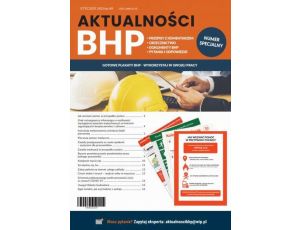Opis produktu
Opinie
Dear Reader,
In the eighth century BC Hesiod complained: “I see no hope for the future of our
people if they are dependent on the frivolous youth of today, for certainly all youth
are reckless beyond words.” The poet’s words echoed throughout centuries and
were used by adults while addressing each subsequent young generation. Such is
the nature of the unavoidable conflict of generations.
In this issue, however, we argue against Hesiod. Our authors illustrate how the
ongoing generational exchange that is taking place in the countries of the former
Soviet Union, and especially in today’s Russia, brings hope, not despair. Even more,
the youth that is coming of age in these countries today, although often misunderstood
by their parents and politicians, is probably the best indicator as to what could
take place in the near future.
Their unprecedented participation in the 2017 rallies in Russia shows that these
kids care about their future. Hence, it is worth keeping in mind the words of sociologist
and researcher Svetlana Erpyleva who writes: “During the recent anti-corruption
rallies in Russia, young people spoke out not only against the dishonesty of power
and lack of political freedom in the country, but also against the unfair distribution
of income between different groups, the inaccessible medical services, the high
fees for student housing and growing food prices.”
Not surprisingly, this potential is extremely tempting for politicians who – be it
by direct communication (Alexei Navalny) or official instruction and historical policy
(the Kremlin) try to shape their minds. As our authors note there is an increase of
the latter, be it in Russia, Belarus or Ukraine, which causes us to reflect on the effectiveness
of the methods used (such as a single interpretation of history in Russia
or Belarus, or the new education reform in Ukraine) and the context in which they
are introduced.
If recent events can teach us anything, radical political change does not take place
in the classroom, or in accordance with official rhetoric. Thus, while the immediate
outcome of the March 2018 Russian presidential election may already be known,
the long-term changes in the region are much more difficult to foresee, especially if
we ignore the aspirations and values of these adolescents and young adults. With
this in mind, we wish you an inspiring reading of this issue.
The Editors
Cechy
| Rodzaj: | eprasa |
| Format pliku: |
|
| Autor: | Praca zbiorowa |
| Język publikacji: | angielski |
| Rok wydania: | 2017 |
| Liczba stron: | 188 |











